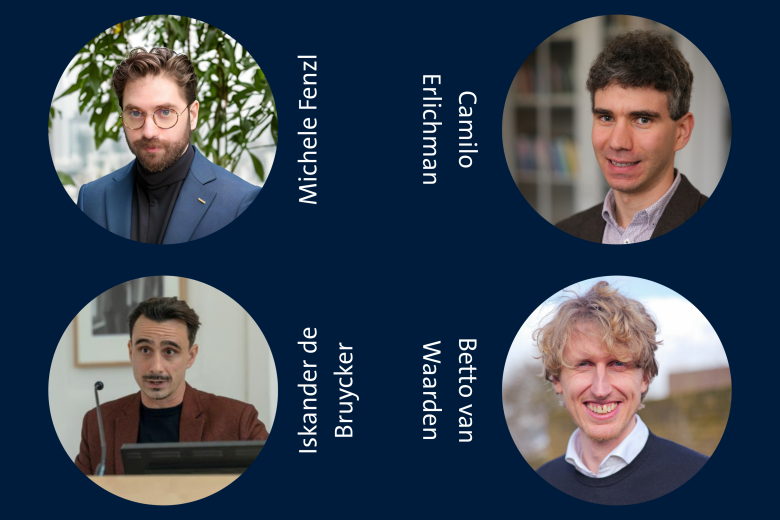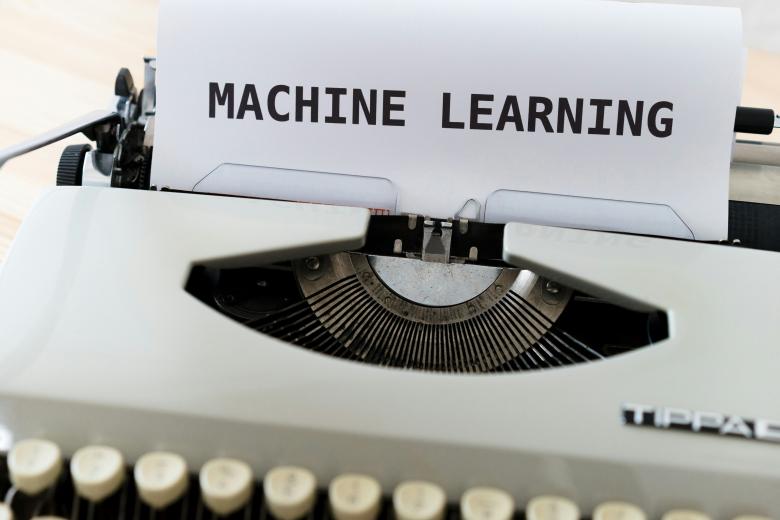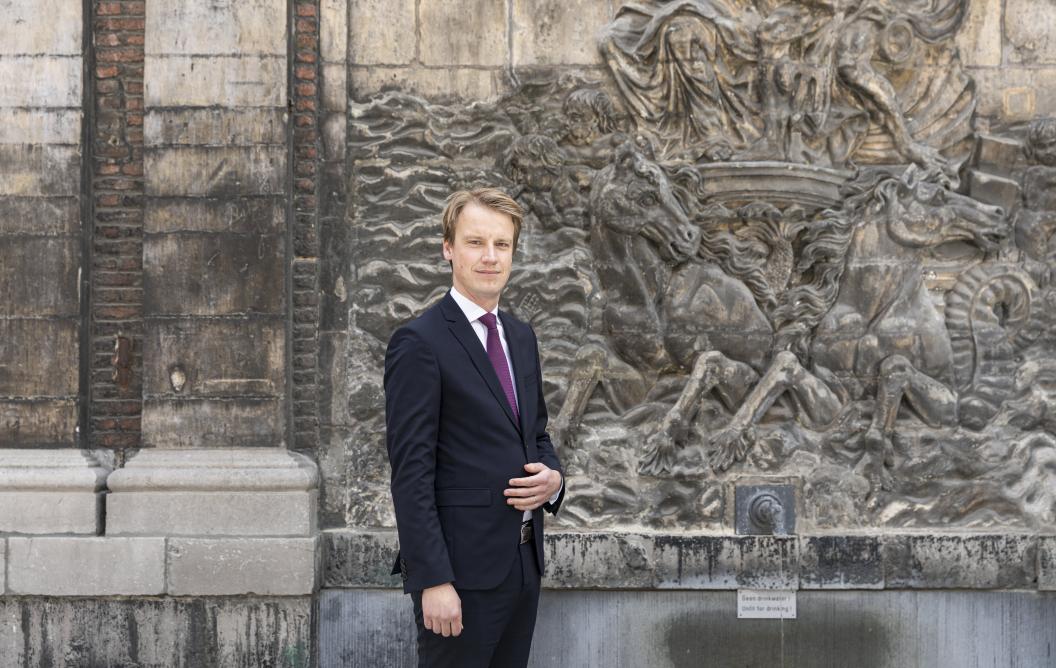‘Europe should look after itself better’
‘People often say that the pace of European cooperation is too high,’ says Hylke Dijkstra, director of the master’s programme in European Studies at Maastricht University. ‘But the opposite is true. The changes aren’t happening fast enough.’ Dijkstra is disappointed in the EU. European Commission President Jean-Claude Junker’s agenda is a failure, he says. Public confidence is low and new players like China are superseding the old continent as a power factor.
Seven UM scientists shed light on the European state of affairs as part of our series Maastricht, reflecting on Europe.
To be clear from the start, Dijkstra is a fervent European. And that’s exactly why he believes that Europe needs to move faster. As long ago as 2000, the EU countries vowed to make their continent the most dynamic knowledge economy in the world within a decade – a plan known as the Lisbon Strategy. Twenty years on, little of this ambition has been realised.
‘Europe isn’t making any headway. Take an issue like digitisation. How many leading companies in the field of artificial intelligence have European roots? Alarmingly few. No wonder we have to call in help from a company like Huawei to build a 5G network. For all sorts of developments like self-driving cars, cashless payment, precision agriculture and drone traffic, we’re going to be dependent on others.’
Decline
Since the beginning of this year, Dijkstra has been leading a large-scale study on the decline or demise of international organisations. Around a third of all international organisations that have been founded since 1815 no longer exist. ‘There has been a lot of research on the rise of these kinds of organisations, but barely any on how they come to an end. Yet it’s badly needed,’ Dijkstra says.
‘Europe has always been based on the ideal of a multilateral world order, and in recent years that’s come under pressure. Take the International Criminal Court, which countries are now backing away from. And Europe is just allowing this to happen, also when it comes to our allies. Last year the US turned its back on UNESCO, and the British are even leaving the EU. Of course, it’s true that European countries are stuck with each other and for that reason alone they always have to act together. But that’s a mantra we’ve been hearing for years. How are we finally going to give this far-reaching partnership a concrete form? That’s what we should be talking about. Because as things stand, in an age when we’re facing the threat of cyber wars or terrorist attacks with drones, the EU is happy if it can simply arrange for a tank to drive from one country to another for a military exercise without any trouble. With all due respect, that means you’re playing a different game.’
Innovation
Europe isn’t lost yet, Dijkstra says. But there are a few typical EU priorities that need to shift. ‘A few years ago, there was a European proposal to take some of the money allocated to agricultural subsidies and use it for innovation and research. But out of self-interest, our prime minister Mark Rutte and his British counterpart David Cameron focused on reducing their net contribution to Brussels. They didn’t look at what the two countries were actually receiving from Brussels, and that was a huge mistake.
The net contribution by the Netherlands and the UK was cut, but the proposal to take money away from agricultural subsidies was promptly consigned to the wastepaper basket. In the end, the Netherlands didn’t gain anything from it, and Europe certainly didn’t either. Look at the regional development funds, for example. The money is used to pay for beautiful roads in underdeveloped areas like Southern Italy or Eastern Europe. But to make these areas really competitive, it would be better spent on funding or founding universities. Of the 500 most important universities in the world, only one is in Eastern Europe, in Tartu. That’s in Estonia.’
Take the initiative
The EU should focus much more on the future to win back public support, Dijkstra says. And it needs to take the initiative. ‘Look at the Paris climate agreement, for example. If you really want to lead the field in the climate debate, you can’t just stand back and let a US president have a go, can you? In future, when you make a trade deal, you should require the other party to ratify and comply with the climate agreement. Then you’d be showing leadership!
In this respect, the EU response to the US withdrawal from the nuclear deal with Iran doesn’t give much reason for hope. They’re just standing by and watching as the deal slowly falls apart. Yes, you can say that Europe hasn’t looked after itself very well over the past decades. It’s high time this changed.’
Also read
-
Four FASoS researchers awarded NWO XS grants
How do lobbyists use disinformation to sway policymakers? Who gets to shape the historical narrative of occupation and violence? Does growing inequality change the way citizens think about politics? And how have politicians defended “truth” across a century of media revolutions?
-
Reducing the Digital Divide: Empowering Students to Train, Evaluate, and Use AI Text Models
The Maastricht Law and Tech Lab, together with the Brightlands Institute for Smart Society (BISS), obtained a € 100.000 a Comenius Senior Teaching Fellow grant.
-
Green school playgrounds boost concentration and wellbeing
Children at schools with green playgrounds are better able to concentrate and display more social behaviour. This is the conclusion of a follow-up study within the long-running project The Healthy Primary School of the Future .
